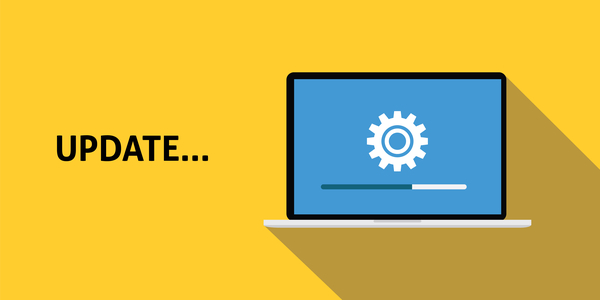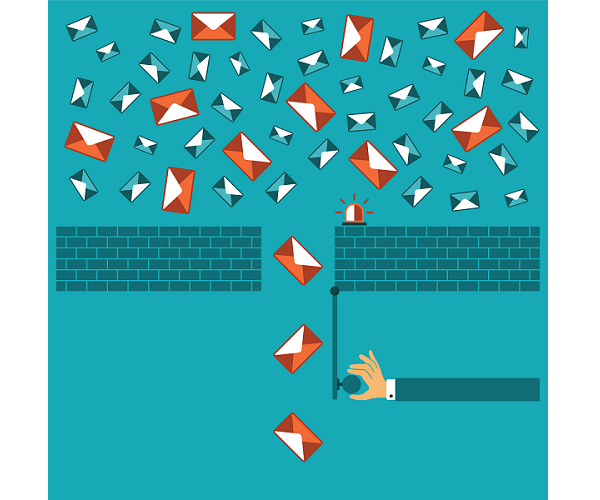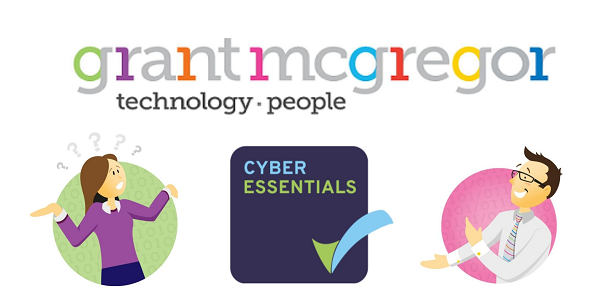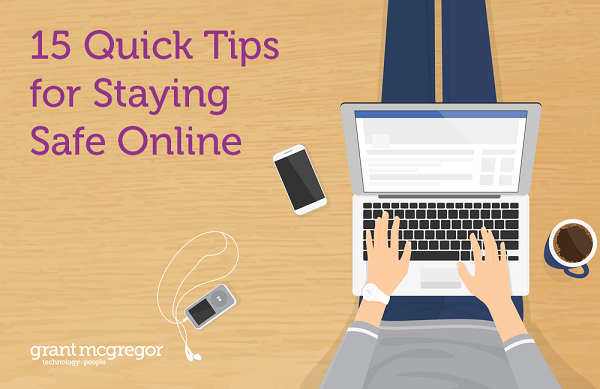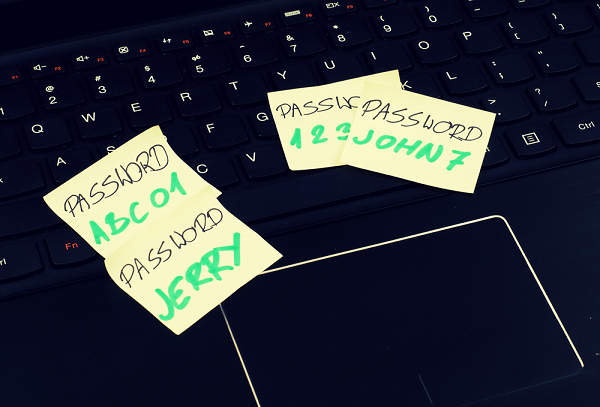Latest from our business, security
and technology blog
Search the blog:
Why SMEs Should Get Expert Help with Cyber Security
Cyber security is a complex topic, so it is essential to get expert help. As a result, and particularly for SMEs, it is better to find an experienced IT partner than to try to do it all in house.
Are You Doing Enough to Protect Your Data?
Concern over cyber threats has hit an all-time high, with a recent global cyber risk perception survey finding that 79% of organisations now rank cyber risk as a top-five concern.
Why Are Software Updates (or Patches) So Important?
Software updates (or patching) is familiar to us all. We’ll update the apps on our mobile phones with some regularity and the same should apply to all the software applications we use on all devices we use. Unfortunately, we find that many businesses are still using out of date or older versions of...
Why Email Filtering is More Important than Ever
Email poses perhaps the greatest risk for organisations in terms of cyber security.
EVENT: Cyber Essentials - Why It's Good For Business
It's not long now until our Cyber Essentials event on Thursday 26th September and the places are filling up quick! Click the link at the bottom of this blog to register now and ensure your place.
The 10 Phishing Red Flags Your People Need to Know About Right Now
Phishing is the most pernicious type of cyber-attack. While you can stop some phishing attempts with your security tools, it’s almost inevitable that some will reach their intended targets. This means educating your people has to be a key plank in any phishing defence strategy.
15 Quick Tips for Staying Safe Online
Staying safe online isn’t just a message we need to share with our kids. We all need to stay abreast of the latest scams and dangers so we can stay safe.
On the Blacklist
The National Cyber Security Centre says maintaining a password blacklist is an essential part of good password security. We take a look at what should be on your blacklist and how to go about enforcing it.
Attention: How You’re Being Researched by Cyber Criminals
We might think we know about the perils of social media: distraction from real life, difficulty switching off, anxiety, FOMO (fear of missing out) and heightened stress. But this misses perhaps the most dangerous peril: the use of the information you share by cyber criminals who want to target you.



